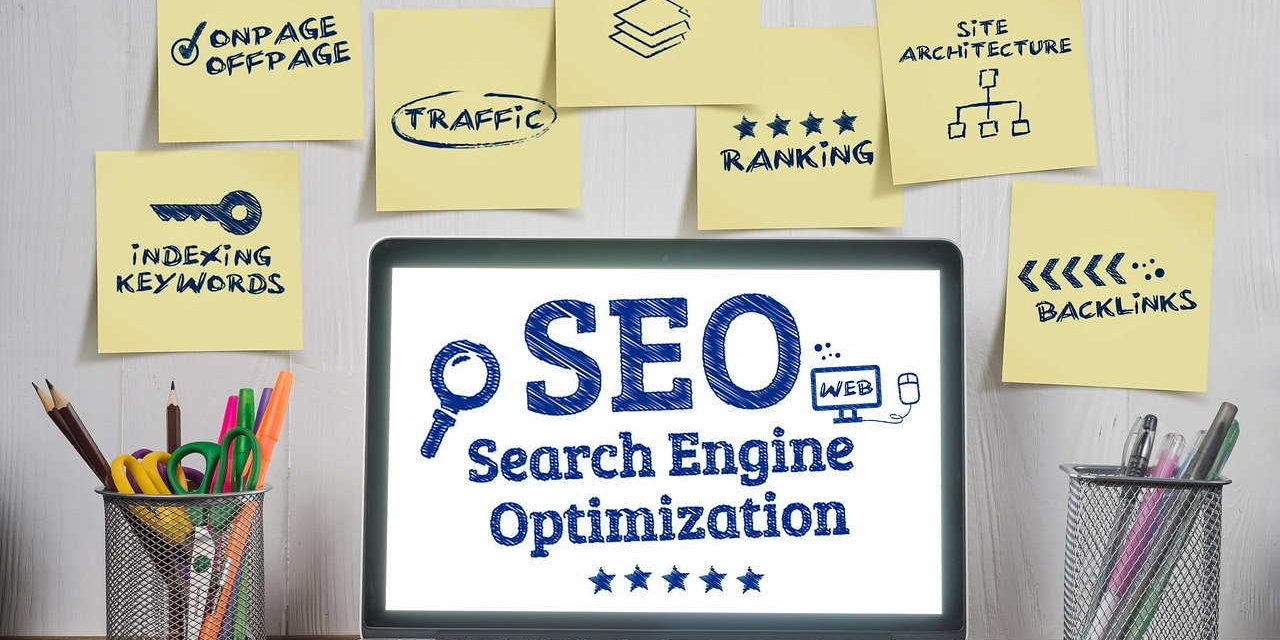During my interactions with entrepreneurs, digital businesses and companies in general, I noticed many of them have a either or approach to SEO and PPC.
Search Engine Optimization (SEO) and Pay Per Click (PPC) are the two main pillars of search marketing. Most companies seem to focus on mainly one aspect of search marketing and allocate bulk of their budget as well as time to either SEO or PPC.
The reality though is that SEO and PPC are complimentary and cannot really be supplemented by the other.
Marketers who have done well with search engine marketing have successfully implemented campaigns where their SEO and PPC strategies feed of each other and strengthen the overall effectiveness of their marketing efforts.
I believe all businesses should consider building a cohesive PPC and SEO digital marketing strategy. Some of the reasons for this are as follows:
1) Keyword Testing
SEO is a long-term play. PPC is short-term or something that has the potential to provide immediate returns.
Now while SEO takes time, many marketers rightly believe it is essential as if you do manage to rank on the first page top three results in Google, you could possibly get thousands of visitors to your website on a regular basis.
More important than the quantity of visitors, SEO provides the best quality of leads as these are users who are directly searching with keywords that match your business type.
However, as already mentioned before, SEO takes time. It can take a lot of time. From several months to few years as well. All the time and money invested in a good SEO campaign can go completely to waste if the chosen keywords were not high performance keywords in the first place.
When we say high performance, we do not mean words with highest number of searches. We mean words that have the potential to convert a user to a paying customer. You need to know the keywords that will lead to conversions, not simply lead to traffic.
The best way to remove any uncertainty and choose the appropriate keywords for search engine optimization, is to first test them with a PPC campaign.
If you carefully select a bunch of keywords, test them out using paid Google Ads, you will immediately come to know which keywords are converting to sales.
The ones that perform as per expectations, you can focus on those for your SEO campaign. In the long-run, once you start ranking for those same keywords, your PPC budget can be reduced.
Through PPC, you can find the best performing keywords for your SEO campaign.
2) Find long phrase keywords
Google Ads reporting system is quite comprehensive. When you get clicks, you will know exactly which keywords are bringing in the most traffic.
Now if you link your Google Ads and Google Analytics accounts, you could get even more comprehensive reports with search phrases being used by visitors to get to your website.
Since Google by default now uses broad match keywords to trigger your ads, chances are phrases related to your keywords will show up in your search term click results.
You should note all of these long phrase keywords appearing in your PPC reports and use them in your website content.
Some marketers regularly create new blog posts based on the phrases discovered via Google Ads. Overtime, these blog posts get indexed on search engines and provide enough free traffic to reduce your PPC spend.
3) Mitigate effects of sudden drop in rankings
Every now and then, Google alters their search algorithms to ensure they are keeping up with user demands and search trends. Algorithms are updated to maintain quality of search results and provide the ideal experience for users.
Unfortunately though for many websites, every time there is an update in Google algorithms, their rankings completely go haywire.
It is possible for sites ranking on the first page not even appearing in the first 50 results after a new update. Some sites get penalized for poor backlink quality or for various other reasons. These penalties result in sudden drop in rankings entirely wiping out their daily traffic.
During such times, companies can use their PPC strategies to mitigate the effects of the rankings drop.
Companies should keep a note of monthly search data from Google Analytics and when your website does not rank for a particular keyword anymore, use it in a PPC campaign to maintain traffic.
This results in some traffic inflow while your SEO team and get back the lost ranking positions.
4) Develop better content
This is related to finding relevant keywords or key phrases that work.
Once you know which keywords bring in conversions or at least traffic via pay per click search advertisements, you can develop your website content around those keywords.
You want the search engines to index your web pages with those keywords.
PPC also helps you test sales pages. Similar to keywords, once you have tested say at least three different sales pages, you will know which page content is working as per expectations.
Use the content on those sales pages on your actual website.
Honestly PPC is a brilliant testing tool for developing content, shortlisting focus keywords and building your overall SEO campaign.
5) Effective budget allocation
Neither PPC nor SEO comes cheap. Both need you to allocate serious time and money for it to work. However, when you go in without a proper game plan and no coordination between your PPC and SEO strategies, then it gets even worse.
PPC helps build your SEO strategy. Overtime, with concentration on the best high performance and high conversion keywords, it could lead to free organic traffic from the search engines.
Your marketing budget can be allocated effectively between PPC and SEO. Depending upon the growth of your marketing campaign, budget can be reduced or even increased for either of the two.
Bottom line, if you develop a cohesive search marketing campaign, it will allow you to allocate your marketing budget much more efficiently with higher returns.
6) Better rankings and click-through rates.
While I was not able to independently verify on this, many websites and advertisers report better click-through rates when their SEO and PPC strategies work together.
Some report the click-through rates on advertisements go up while others feel their organic results get higher traffic if the search result is also accompanied by a paid ad.
I believe it comes down to the fact that PPC and SEO allow your website to show up more than once in search results creating a mental edge in the minds of users.
Whatever may be the actual reason, many marketers have reported positive results when PPC and SEO work collectively and that is all that matters.
Note: One of the best ways to find out the most effective keywords for both SEO and PPC is by analyzing the keywords being used by your competitors. Check here to analyze your competitor’s SEO or PPC campaign.





